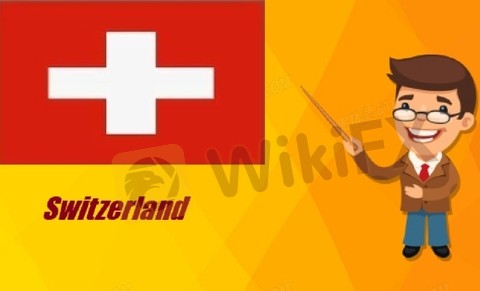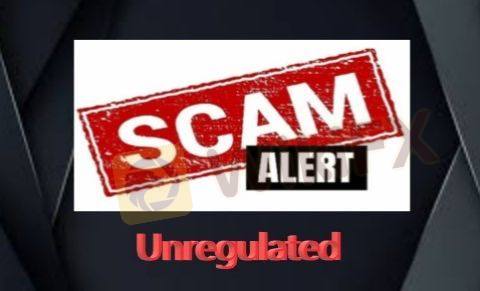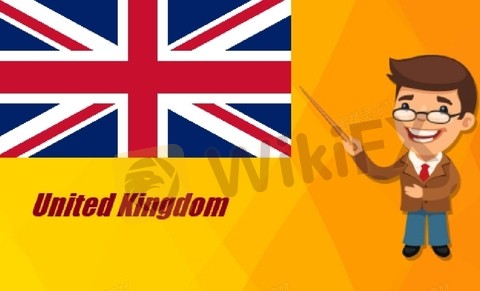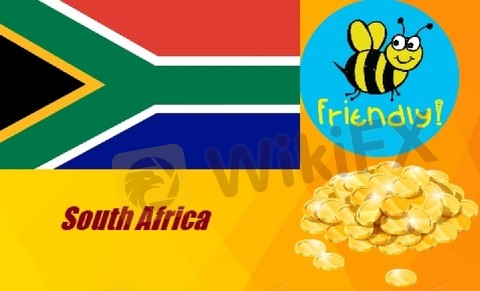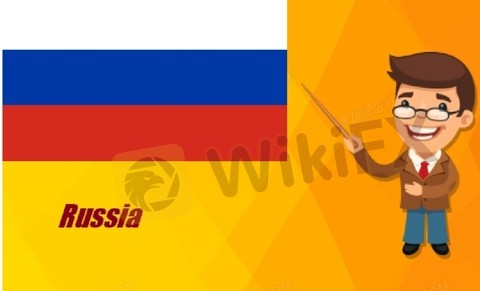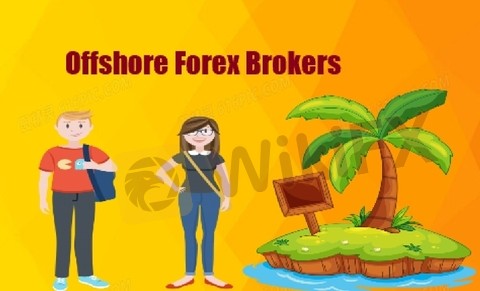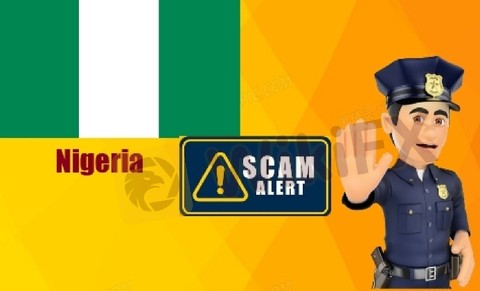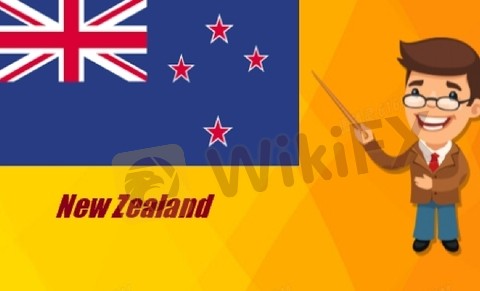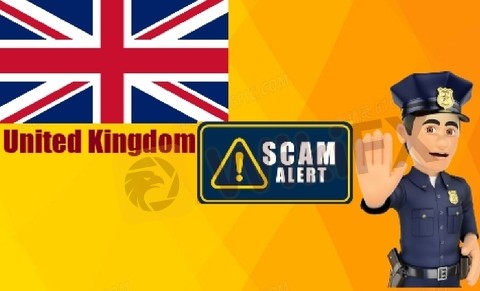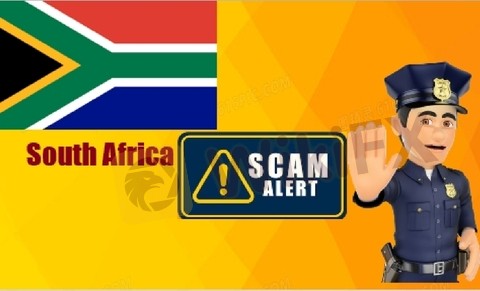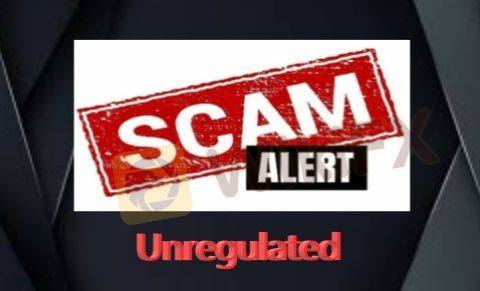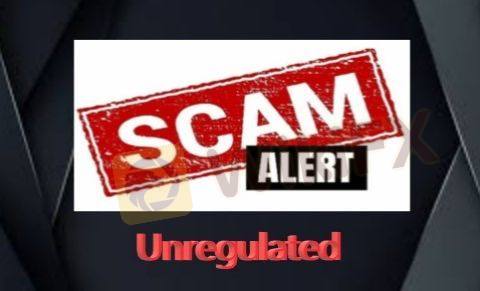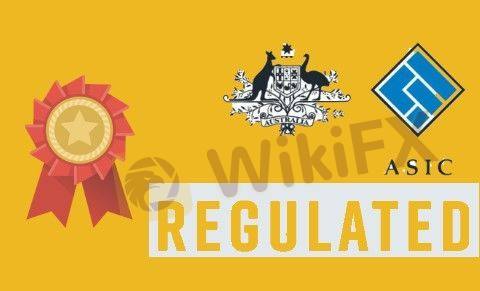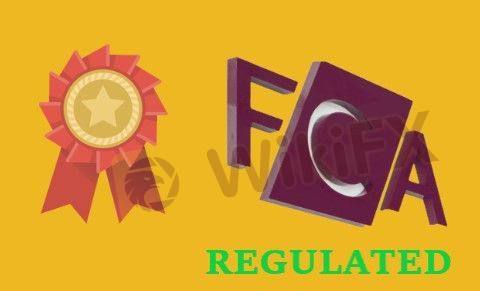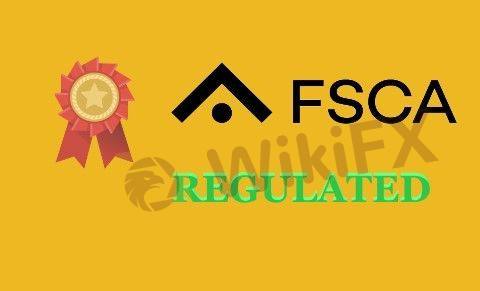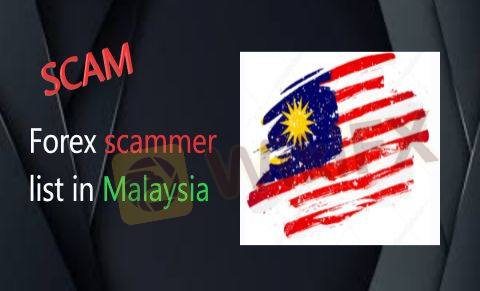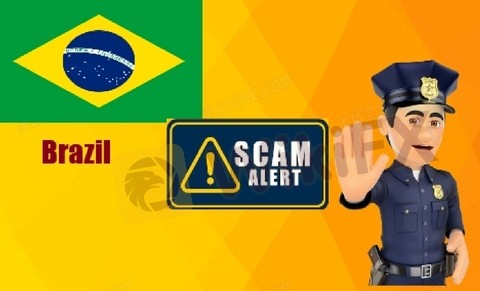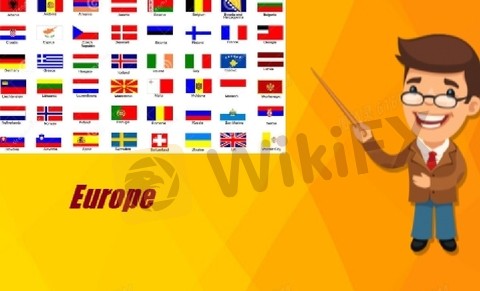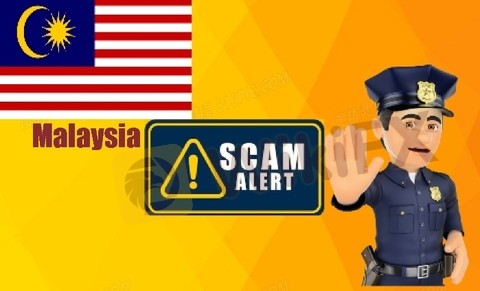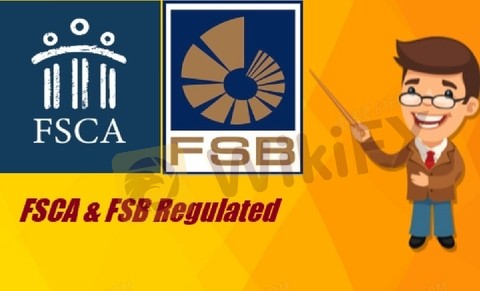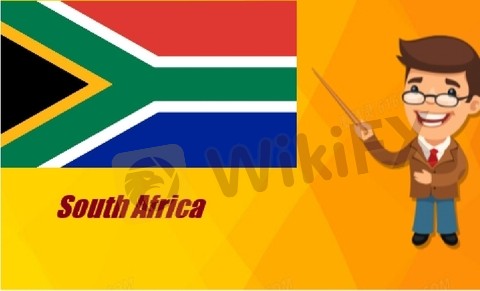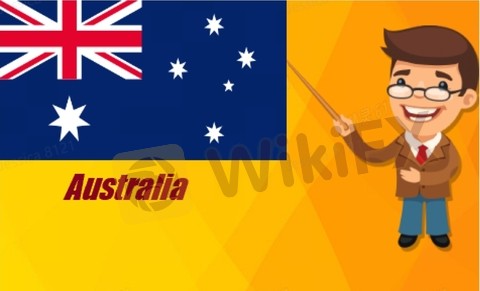In the rapidly evolving world of forex trading, the role of brokers is critical in guiding investors through the complexities of currency exchange and market navigation. An essential aspect often taken into consideration when choosing a broker is the level of regulation these brokers are subjected to. Regulatory oversight ensures transparency and fairness, offering trader protection and increased confidence.
However, an often-overlooked segment is unregulated forex brokers that operate distinctively. This piece will delve into an in-depth exploration of unregulated forex brokers, an understanding of their characteristics, inherent risks, and possible attractions for some traders.

Why on the List of Top 10 Unregulated Forex Brokers?
Noted for its easy-to-use platform and broad range of currency pairs offered. It allows trading in both forex and cryptocurrencies.
Popular for its extensive range of offerings, including forex and various types of CFDs, which attracts a broader range of traders.
Known for providing binary options in addition to forex trading. Its binary options feature attracts traders interested in this form of trading.
more
Comparison of Top 10 Unregulated Forex Brokers
Forex Broker
License
Minimum Spread
Maximum Leverage
Minimum Deposit
Open account
Details
Compare
Top 10 Unregulated Forex Brokers Reviewed
① SimpleFX
Noted for its easy-to-use platform and broad range of currency pairs offered. It allows trading in both forex and cryptocurrencies.
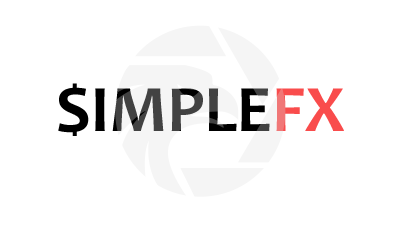 |
|
| Min Initial Deposit | $0 |
| Market Access | currency pairs, crypto, forex, stocks, indices, commodities |
| Demo Account | N/A |
| Max Leverage | 1:1000 |
| Costs (FX) | Spread around 0.9 pips (EUR/USD) & commission-free |
| Trading Platforms | MT4, SFX WebTrader, SimpleFX Mobile Apps |
| Customer Support | Live chat, email |
| Bonus | N/A |
| Regional Restrictions | US clients are not allowed |
② LQDFX
Popular for its extensive range of offerings, including forex and various types of CFDs, which attracts a broader range of traders.
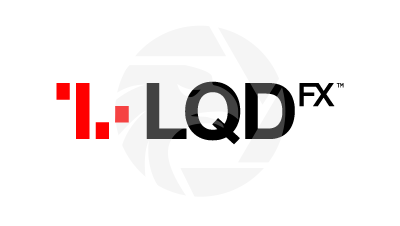 |
|
| Min Initial Deposit | $20 |
| Market Access | Fx, indices, commodities, metals, cryptocurrencies |
| Demo Account | Yes |
| Max Leverage | 1:1000 |
| Costs (FX) | Typical spread of 1 pip & commission-free |
| Trading Platforms | MT4 |
| Customer Support | 24/5 request a callback, phone, email |
| Bonus | Up to $20,000 |
| Regional Restrictions | Clients from North Korea, UK, Syria, United States, Canada, EEA are not allowed |
③ FxGlory
Known for providing binary options in addition to forex trading. Its binary options feature attracts traders interested in this form of trading.
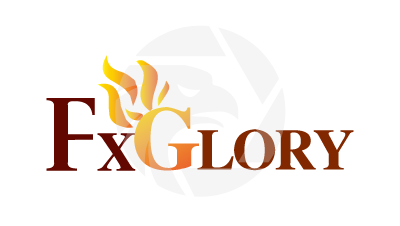 |
|
| Min Initial Deposit | $1 for MT4, $100 for MT5 |
| Market Access | Currency pairs, precious metals, oil |
| Demo Account | Yes |
| Max Leverage | 1:3000 |
| Costs (FX) | Spread from 2 pips & commission-free (Std account) |
| Trading Platforms | MT4, MT5 |
| Customer Support | 24/7 live chat, phone, email |
| Bonus | 50% bonus on each deposit |
| Regional Restrictions | N/A |
④ AMarkets
Recognized for its focus on forex trading and CFD trading.
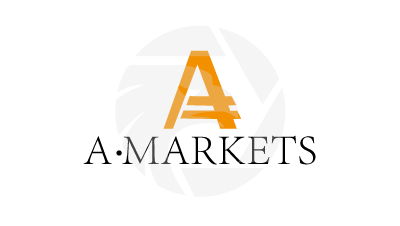 |
|
| Min Initial Deposit | $100 |
| Market Access | 18 commodities, 427 stocks, 44 FX, 27 cryptocurrencies, 16 indices, 19 ETF |
| Demo Account | Yes ($10,000 in virtual capital) |
| Max Leverage | 1:3000 |
| Costs (FX) | Spread from 1.3 pips & commission-free (Std account) |
| Trading Platforms | MT4, MT5, AMarkets app |
| Customer Support | 24/7 live chat, phone, email |
| Bonus | Up to $/€5,000 |
| Regional Restrictions | N/A |
⑤ Coinexx
It allows trading in a diverse range of financial assets, which makes it attractive to traders looking for variety.
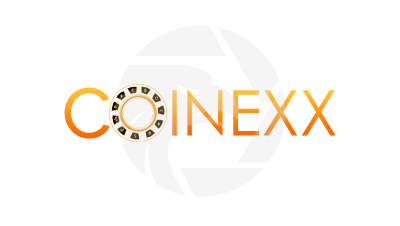 |
|
| Min Initial Deposit | 0.001 BTC |
| Market Access | Forex, Commodities, Indices and Cryptos. |
| Demo Account | N/A |
| Max Leverage | 1:500 |
| Costs (FX) | Spread from 0.0 pips (ECN account) & $2 per lot |
| Trading Platforms | MT4, MT5 |
| Customer Support | Phone, email |
| Bonus | 100% deposit bonus |
| Regional Restrictions | N/A |
⑥ LMFX
It offers many appealing features like wide range of currency pairs and user-friendly trading platforms, and various account types.
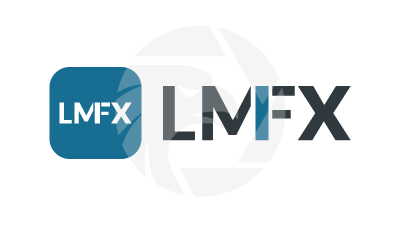 |
|
| Min Initial Deposit | $5 |
| Market Access | 250+, forex, indices, indices, commodities, metals, energy, shares |
| Demo Account | N/A |
| Max Leverage | 1:1000 |
| Costs (FX) | spread from 1 pips & commission-free (Micro account) |
| Trading Platforms | MT4 |
| Customer Support | 24/5 live chat, phone, email |
| Bonus | 100% credit bonus |
| Regional Restrictions | Clients from United States, United Kingdom, and Japan are not allowed |
⑦ NordFX
This broker offers extensive forex trading options and thus appeals to forex traders.
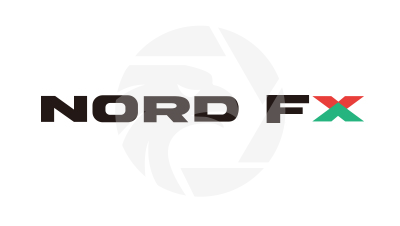 |
|
| Min Initial Deposit | $10 |
| Market Access | FX pairs, metals, cryptocurrencies, CFD indicators & stocks, oil |
| Demo Account | Yes |
| Max Leverage | 1:1000 |
| Costs (FX) | Spread from 2 pips & commission-free (Fix account) |
| Trading Platforms | MT4 |
| Customer Support | 24/5 live chat, phone, email |
| Bonus | N/A |
| Regional Restrictions | Clients from USA, Canada, EU, Russian Federation, Cuba, Sudan, and Syria are not allowed |
⑧ FreshForex
The variety of account types and trading software it offers appeal to a broad spectrum of traders with different needs.
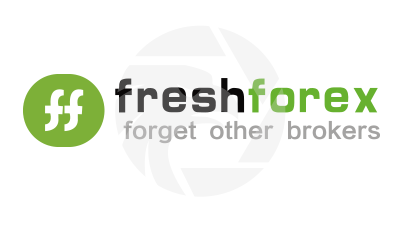 |
|
| Min Initial Deposit | 0 |
| Market Access | Forex, crytos, stocks, indices |
| Demo Account | Yes |
| Max Leverage | 1:2000 |
| Costs (FX) | Spread from 2 pips on EUR/USD & commission-free (Classic account) |
| Trading Platforms | MT4, MT5 |
| Customer Support | Live chat, phone, email |
| Bonus | 10% for each deposit in crypto, 300% deposit bonus, 50% of insured funds, 101% drwadown bonus |
| Regional Restrictions | Clients from Belgium, China, North Korea, France, Hong Kong, Russian Federation, Spain, Great Britain, and USA are not allowed |
⑨ OctaFX
Known to offer trading services for forex instruments and CFDs. This diversity attracts a range of traders.
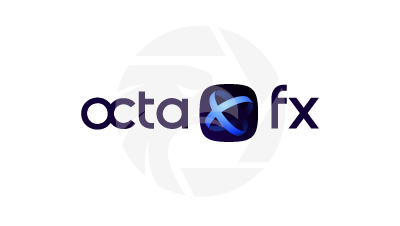 |
|
| Min Initial Deposit | $25 |
| Market Access | 300+, currency pairs, stock derivatives, indices, commodities, cryptocurrencies, shares |
| Demo Account | Yes |
| Max Leverage | 1:500 |
| Costs (FX) | Spread from 0.6 pips & commision-free |
| Trading Platforms | Octa trading app, OctaTrader, MT4, MT5 |
| Customer Support | 24/7 live chat |
| Bonus | 50% deposit bonus |
| Regional Restrictions | N/A |
⑩ EagleFX
Offers a broad array of trading instruments, including currencies, cryptocurrencies, commodities, stocks, and futures, on the widely used MT4 platform.
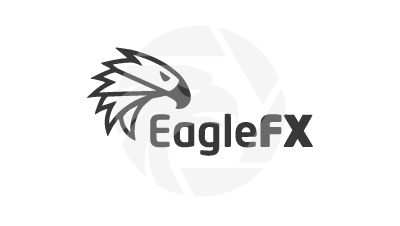 |
|
| Min Initial Deposit | N/A |
| Market Access | 100+, currencies, cryptocurrencies, commodities, stocks, futures |
| Demo Account | Yes |
| Max Leverage | 1:500 |
| Costs (FX) | Commision fee of $6/lot |
| Trading Platforms | MT4 |
| Customer Support | 24/7 live chat, submit a ticket, request a call |
| Bonus | N/A |
| Regional Restrictions | N/A |
Unregulated Forex Brokers FAQs
Types of regulators
The below tables categorize regulators from various jurisdictions into three tiers based on the level of regulatory strictness and standards being enforced in the jurisdiction they supervise.
| Tier 1 | |||
|---|---|---|---|
| Jurisdiction | Regulator | ||
 |
USA |  |
Commodity Futures Trading Commission (CFTC) |
 |
USA |  |
National Futures Association (NFA) |
 |
UK |  |
Financial Conduct Authority (FCA) |
 |
EU |  |
European Securities and Markets Authority (ESMA) |
 |
Australia |  |
Australian Securities and Investments Commission (ASIC) |
 |
Canada |  |
Investment Industry Regulatory Organization of Canada (IIROC) |
 |
Switzerland |  |
Swiss Financial Market Supervisory Authority (FINMA) |
 |
Singapore |  |
Monetary Authority of Singapore (MAS) |
 |
Japan |  |
Financial Services Agency (FSA) |
 |
Hong Kong |  |
Securities and Futures Commission (SFC) |
Tier 1 contains regulators from jurisdictions such as USA, UK, EU, Australia, Canada, Switzerland, Singapore, Japan, and Hong Kong. These regulators, including the Commodity Futures Trading Commission (CFTC) in the USA and the European Securities and Markets Authority (ESMA) in the EU, are considered the most stringent. They enforce strict financial rules and standards to ensure safety and transparency in the markets they govern.
| Tier 2 | |||
|---|---|---|---|
| Jurisdiction | Regulator | ||
 |
New Zealand |  |
Financial Markets Authority (FMA) |
 |
Germany |  |
Federal Financial Supervisory Authority (BaFin) |
 |
France |  |
Autorite des Marches Financiers (AMF) |
 |
Italy |  |
Commissione Nazionale per le Società e la Borsa (CONSOB) |
 |
Spain |  |
Comisión Nacional del Mercado de Valores (CNMV) |
 |
South Africa |  |
Financial Sector Conduct Authority (FSCA) |
 |
Cyprus |  |
Cyprus Securities and Exchange Commission (CySEC) |
 |
Malta |  |
Malta Financial Services Authority (MFSA) |
 |
United Arab Emirates |  |
Dubai Financial Services Authority (DFSA) |
 |
Bahamas |  |
Securities Commission of The Bahamas (SCB) |
Tier 2 regulators, while still providing significant regulatory oversight, not enforce rules as strict as Tier 1. This tier includes regulators from New Zealand, Germany, France, Italy, Spain, South Africa, Cyprus, Malta, United Arab Emirates, and The Bahamas. These regulators, such as Cyprus's Cyprus Securities and Exchange Commission (CySEC) and Germany's Federal Financial Supervisory Authority (BaFin), offer reasonable security and protection for traders.
| Tier 3 | |||
|---|---|---|---|
| Jurisdiction | Regulator | ||
 |
Mauritius |  |
Financial Services Commission (FSC) |
 |
Vanuatu |  |
Vanuatu Financial Services Commission (VFSC) |
 |
Belize |  |
International Financial Services Commission (IFSC) |
 |
Cayman Islands |  |
Cayman Islands Monetary Authority (CIMA) |
 |
Kenya |  |
Capital Markets Authority (CMA) |
 |
Ireland |  |
Central Bank of Ireland (CBI) |
 |
Saint Vincent and the Grenadines |  |
Financial Services Authority (SVG FSA) |
 |
Seychelles |  |
Financial Services Authority Seychelles (FSA SEY) |
Tier 3 lists regulators with less stringency in their regulations. This tier includes Mauritius, Vanuatu, Belize, Cayman Islands, Kenya, Ireland, Saint Vincent and the Grenadines, and Seychelles. Companies regulated by these entities, such as Vanuatu's Vanuatu Financial Services Commission (VFSC) and Belize's International Financial Services Commission (IFSC), could be riskier due to the lack of strict financial regulation.
Overall, the regulatory jurisdiction can significantly impact the security and protection offered to forex traders. Hence, it is crucial to consider this when choosing a forex broker.
What is an unregulated forex broker?
An unregulated forex broker is a broker that operates without oversight from any regulatory authority. This means they have complete autonomy over their practices, including how they handle client funds, resolve disputes, and conduct marketing activities.
Are unregulated forex brokers illegal?
No, unregulated forex brokers are not technically illegal. They operate in jurisdictions where the forex market is not regulated or where the local regulations are more lax.
Unlike regulated brokers, unregulated ones do not provide the same level of protection or transparency to their clients. If an issue arises, such as a dispute over a trade or the broker becoming insolvent, traders have limited or no recourse to recover their funds.
Additionally, many governments advise against their residents dealing with unregulated forex brokers as part of their efforts to protect consumers. Consequently, while they may not be illegal, dealing with unregulated brokers can be risky, and is generally not recommended for most traders.
Comparison Table: regulated vs unregulated forex brokers - what's the difference?
Regulated and unregulated forex brokers differ mainly in terms of oversight, transparency, and trader protection.
| Regulated Forex Brokers | Unregulated Forex Brokers | |
| Regulation | Overseen by one or more financial regulatory bodies, like the SEC, FCA, or ASIC | No |
| Client Protection | Client funds are often held in segregated accounts separate from the broker's own operating funds | No |
| Dispute Resolution | Required to participate in dispute resolution schemes | No |
| Transparency | Required to provide full disclosure of their trading terms, policies, and financial standing; also have to submit regular audit reports | No |
| Marketing Practices | Must adhere to strict guidelines regarding the accuracy and appropriateness of their marketing and promotions | No |
Comparison Table: offshore vs unregulated forex brokers - what's the difference?
Offshore and unregulated forex brokers can often be confused with each other, but they're not the same thing.
| Offshore Forex Brokers | Unregulated Forex Brokers | |
| Jurisdiction | Operate in a jurisdiction different than where their clients reside, typically in a country where regulation might be more lenient | Operate without oversight from a regulatory body and could be based anywhere |
| Regulation | Subjected to regulation by the authority of the country where they're registered | No |
| Client Protection | Typically required by their regulators to segregate client funds from the broker's operating funds | No |
| Complaints and Disputes | Clients usually have a legal recourse through the regulatory authority of the country where the broker is registered | Traders usually have no legal recourse |
| Due Diligence | Require reasonable due diligence checks for compliance purposes | Not have a stringent process for onboarding new customers |
Pros & cons of unregulated forex brokers (risks involved)
Pros
Fewer Restrictions: Unregulated brokers are not bound by regulations dictating leverage limits and other trading conditions. This can potentially allow for greater flexibility and high leverage, which can amplify profits.
Lower Costs: They may offer lower costs, like spreads and commissions, as they are not subject to regulatory fees. This may make them more attractive to some traders.
Easier Opening Requirements: They may have looser or less stringent requirements to open an account, which might appeal to some traders.
Cons
Less Protection: Unregulated brokers do not provide the same level of investor protection as regulated ones. They're not obliged to segregate client funds from their own, which could put your money at risk if the broker goes bankrupt.
Difficulty Withdrawing Funds: Unregulated brokers may impose restrictions or unnecessary complications during the withdrawal process, making it difficult for traders to access their funds.
No Recourse in Disputes: If a dispute arises, you generally cannot turn to a regulatory authority for help as you could when dealing with a regulated broker.
Less Transparency: Unregulated brokers aren't required to disclose as much information about their operations, which can make it harder to assess their financial stability and trading conditions.
Potential for Unethical Practices: Without regulatory oversight, the risk of unethical practices, such as price manipulation, increases.
Legal Risks: Trading with an unregulated broker may be against legal advisories issued by some regulatory organizations, which caution against such activity due to high risks involved.
Why are some brokers not regulated?
Avoiding Costs
Regulation comes with numerous costs, including licensing fees, ongoing compliance costs, audit costs, and more. Some brokers choose to avoid these costs by remaining unregulated.
More Freedom in Operation
A regulated broker must follow many rules set by the regulatory body, including capital adequacy requirements, audit requirements, and maintaining segregated client accounts. By remaining unregulated, brokers have more freedom in their operations.
Offering Higher Leverage
Regulatory bodies often limit the amount of leverage brokers can offer to protect consumers from excessive risk. Unregulated brokers can bypass such limitations and offer higher leverage ⁕, attracting more risk-tolerant traders.
⁕ The legal leverage ratios vary by country and regulatory authority.
| Jurisdiction | Regulator | Leverage (Retail clients) |
| USA | Commodity Futures Trading Commission (CFTC) | 50:1 (major currency pairs) |
| 20:1 (all others) | ||
| Europe | European Securities and Markets Authority (ESMA) | 30:1 (major currency pairs) |
| varies (other pairs) | ||
| Australia | Australian Securities and Investments Commission (ASIC) | 30:1 (major currency pairs) |
| lower limits (other currency pairs, commodities, and certain types of derivatives) | ||
| Japan | Financial Services Agency (FSA) | 25:1 (all currency pairs) |
| Canada | Investment Industry Regulatory Organization of Canada (IIROC) | 50:1 - 18:1 (depending on the currency pair) |
These rules are in place to protect investors from excessive risk, as trading on high leverage can lead to heavy losses. So it means the legally maximum amount a broker can offer you as leverage.
Easing the Client Onboarding Process
Regulated brokers are required to follow strict client identification procedures to prevent fraud and money laundering. Unregulated brokers can ease these procedures to attract more clients, albeit with the increased risk of fraudulent activity.
Operating in Unregulated Markets
In some regins, the forex trading market isn't adequately regulated, so brokers in these areas operate without regulation.
How to recognize unregulated forex brokers?
Many unregulated Forex Brokers typically avoid openly stating their unregulated status as it's not often viewed as advantageous to their customers. More often than not, the only approach to determining a broker's lack of regulation is through careful broker investigation.
Check Regulatory Bodies' Lists
First, check the lists of licensed brokers provided on the websites of recognized financial regulatory authorities. These include the Financial Conduct Authority (FCA) in the UK, the Securities and Exchange Commission (SEC) in the U.S., or the Australian Securities and Investments Commission (ASIC) in Australia, among others. If a broker is not on these lists, it could be unregulated.
Broker's Website
Visit the broker's website. A regulated broker typically displays their licensing information, including their regulator's name and their registration number, prominently on their website. If this information is missing, it might be a sign that the broker is unregulated.
Terms and Conditions
Read the broker's terms and conditions carefully. Regulated brokers often have comprehensive and detailed terms, including their regulatory status and dispute resolution process.
Too-Good-To-Be-True Offers
Be cautious of brokers offering incredibly high leverage or bonuses that seem too good to be true. While not conclusive, it could be a sign of an unregulated broker, as they have fewer restrictions and might employ aggressive marketing tactics.
Check User Reviews and Forums
Check what other traders are saying about the broker. Reviews and discussions in forex forums can provide information about a broker's regulatory status and their methods of operation.
Contact the Broker
If you're unsure, you can also contact the broker directly and ask about their regulatory status.
Check on WikiFX
Last but not least, WikiFX is a handy platform for forex research. It provides comprehensive information about forex brokers from around the world, including their regulation details, the licenses they hold, their business scope and scale, and user reviews. Checking a broker's background on WikiFX can be a quick and useful step in your due diligence before opening a trading account.
Forex Risk Disclaimer
Trading Forex (foreign exchange) carries a high level of risk, and may not be suitable for all investors. Before deciding to trade foreign exchange, you should carefully consider your investment objectives, level of experience, risk appetite, and the possibility of incurring losses. There is a possibility that you may sustain a loss of some or all of your initial investment and therefore you should not invest money that you can not afford to lose. You should be aware of all the risks associated with foreign exchange trading and seek advice from an independent financial advisor if you have any doubts.
You Also Like

Best CySEC Regulated Forex Brokers 2024
Delving into CySEC-regulated forex trading, this article presents a top 9 list of brokers, spotlighting the benefits of regulatory compliance.
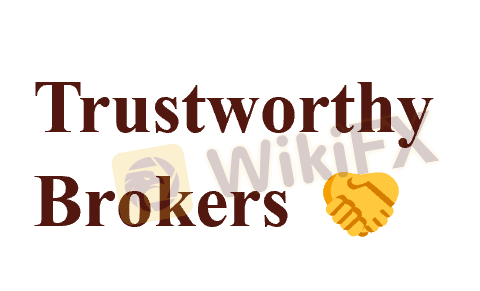
8 Best Forex Trustworthy Brokers in 2024
Stay informed and avoid forex scams with our list of 8 Top Trustworthy Brokers – trade with peace of mind and profitable potential.

Best Forex Brokers for Beginners in the United Arab Emirates for 2024
Select the top forex brokers for beginners in UAE from the many available to ensure a safe trading environment.

Best Forex Brokers in 2024
Guide to the most trusted Forex brokers, with a thorough investigation into their quality, security measures, and financial transparency.






